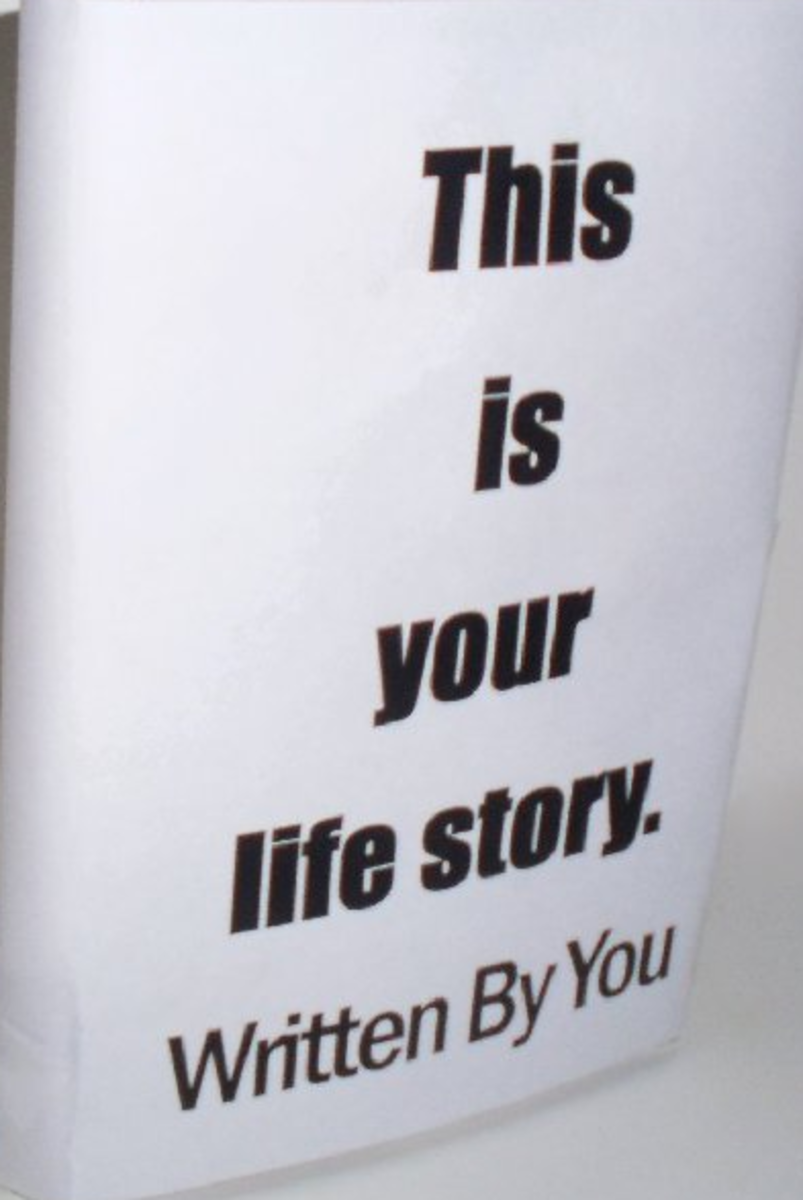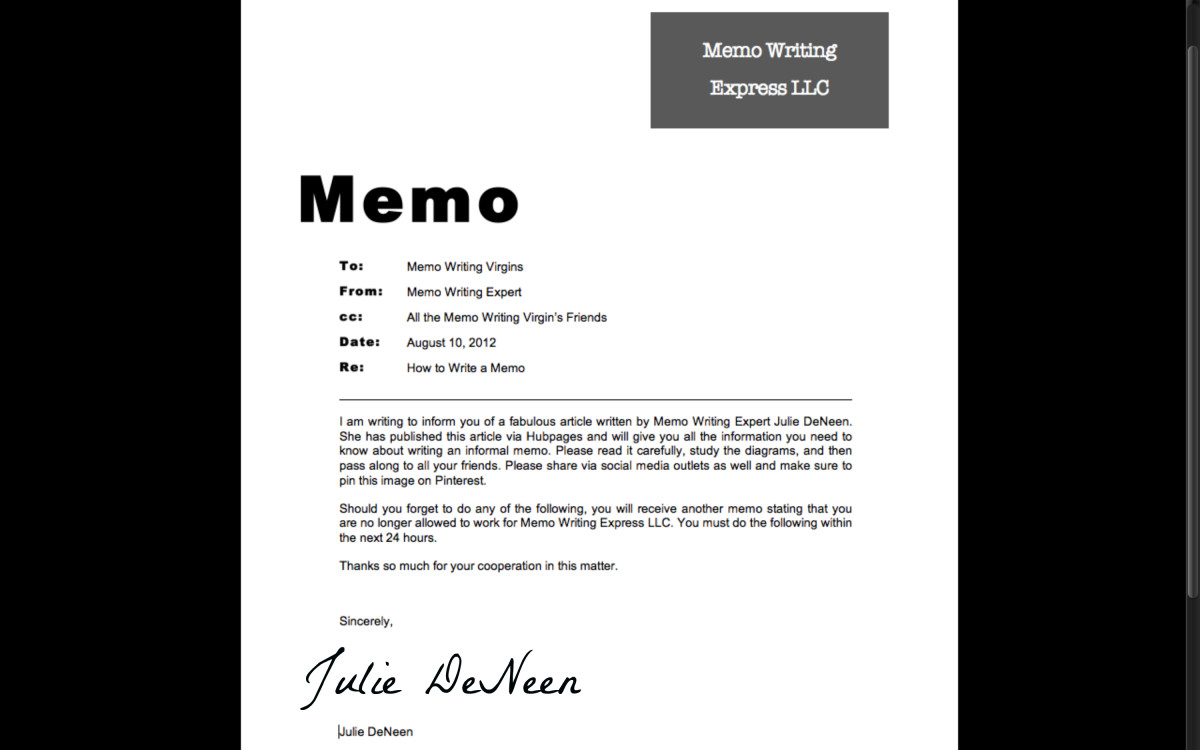Writing Exercises To Improve Your Writing
DISCLAIMER
I am not a know-it-all. I am not an encyclopedia of all that is true about writing. I do not claim to be nor do I want anyone believing that. I am simply a teacher and a writer who has picked up some knowledge and tricks over the years, and I am someone who is offering it all to you, one lesson at a time, to do with as you will.
Accept it or toss it away. Use some of it or use all of it, or line your bird cage with it….makes no difference to me. My feelings won’t be hurt if you don’t agree with me or if you reject it all, but I will find great satisfaction if you can use some of it. You see, for me, this really is a win-win situation and honestly, it is for you as well. Between these writing articles and my writing blog, all of which are free and all of which come asking for no obligations, you are getting a ton of “stuff” that you might be able to use in the future as you follow your writing path.
It is my sincere hope that you can use some of this. I think it will be helpful over time, assuming your goal is to become a better writer. Makes no difference your style; makes no difference your genre or your voice. I’m willing to bet that you can find a few suggestions that will help you.
And that’s what this article is all about. What follows are some exercises that might help release the writer that has been locked away inside of you. These little “drills” just might help you to spread your wings and fly, and wouldn’t that be a cool thing?
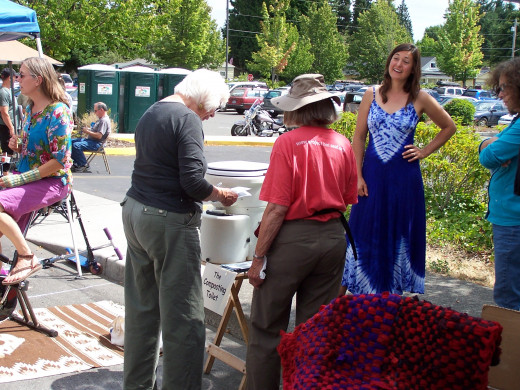
Interesting and worth a watch
EAVESDROP ON STRANGERS
For those of you who have trouble writing dialogue, this might help you a ton. Go to a public place like a coffee shop or the park, and sit close to two people who are having a conversation. Close your eyes and just listen to their discussion.
After about ten minutes go somewhere and write down that conversation as close to verbatim as you can.
Do you notice any difference between that conversation and the conversation that happens in short stories or novels? Here’s the thing: fiction writers try to write dialogue that “seems” realistic, and “seems” is an important distinction. In real life conversations are dotted with “ums” and awkward phrases and stutters and people talking at the same time….it is at times hectic and confusing and yes, very real. If you try to imitate that in a story you are going to have your readers ready for a room with padded walls. Learn to walk a fine line between being too realistic and not being realistic enough in your dialogue.
IT’S ALL ABOUT PERSPECTIVE, BABY!
Take an anecdote from your childhood and write it out exactly how you remember it. Now, ask a relative who is familiar with the anecdote to tell it to you from their perspective. Are there any major or minor differences in how they remember the same incident? Why do you think that is?
Seeing a scene or event from the eyes of another is an interesting exercise as you prepare to write a story or book. We all see things differently and this is an important point to remember as you sit down to write your story.
CHARACTER DEVELOPMENT
Go again to a public place and observe the people around you. Pick out one in a particular and write a physical description of that person. Be as specific as possible, jotting down every minute detail you can observe.
Now use that person in a short story and base the story around the physical characteristics you observed…..and now use those characteristics to develop a conflict for that character. Maybe the person you observe has bad teeth, and that can lead to his/her need for dental reconstruction, and their struggle to find work in this society and how their basic needs are not being met.
Would you like to write killer introductions?
- Tips For Writing Great Introductions
Try these time-tested techniques the next time you want an introductions that grabs your readers.
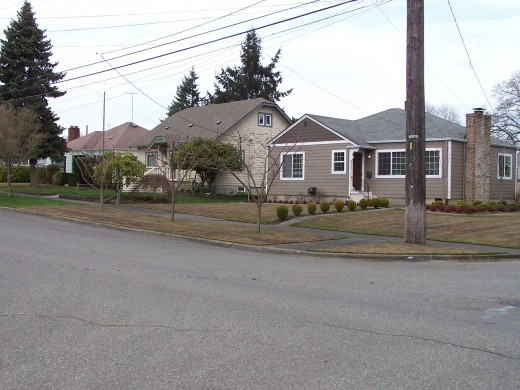
Practice make semi-perfect in writing; try these exercises
- How To Be A Better Writer: Ten Personal Essays To Attempt
Do you want to improve in writing? Try these exercises to push your limits. You just might be surprised by what you can do.
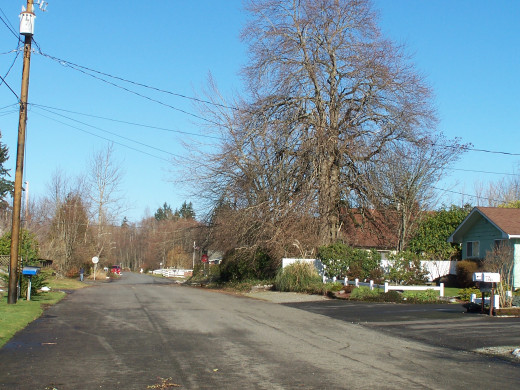
CHILDHOOD MEMORIES ARE MONEY IN THE BANK
Think of one particular childhood memory. Maybe it would be a great Christmas you had, or the first time you went swimming. Now write a thousand-word short story based on that childhood memory.
One thing I know for certain is that we all have similar memories, and we all have similar reactions to those memories. How many of you out there have had a favorite pet die? I promise you that if you write that story your readers will be able to relate to it.
LOOK FOR THE ORDINARY IN PEOPLE
Think of someone famous who you admire…..like Abraham Lincoln for example. Now list all of the traits about that person that we associate with them. For Lincoln perhaps you would write that he was of strong character, truthful, steadfast in his beliefs, etc.
Now write down characteristics about that person that are ordinary. Remember that even famous people are just people. I remember a scene from a wonderful movie with Julia Roberts….Notting Hill…where this famous actress has fallen in love with an ordinary bookstore owner. She is standing in front of this man and she says, and I paraphrase….”remember that at the end of the day I am just a girl, standing in front of a boy, asking him to love her.” I love that line because it tosses aside all the bs in life and gets down to basics.
NEIGHBORHOODS ARE GOLD MINES FOR A WRITER
Stories are all around you if you open your mind and heart and see them.
Get a mental image of the neighborhood where you grew up. Pay attention to every single detail you can think of. Are there any stories hidden down that street, in the houses or across the playfields of your past?
Now do the same thing where you live now. Go outside and do a 360 of your neighborhood. Pay close attention to your five senses. What do you see, hear, feel, taste and smell? Remember that famous line from the radio show The Shadow? “Who knows what evil lurks in the minds of men?” Well who knows what stories lurk in the shadows of your neighborhood?
SAME NEIGHBORHOOD, DIFFERENT APPROACH
Write a one-page description of an area you now life in, whether it be a neighborhood or town. Give it detail as if you were going to use this description in a book.
Now go to the library or some other resource center and find out everything you can about that area. Become a historian and find out as many minute details as you can about its history. Then rewrite your original description, enriching it with the facts and details you found during your research. I think you will find this greatly enhances your story and breathes new life into a scene that may have become stagnant.
Tiny but so handy for a writer
Do any of these help you?
Join me on my writing blog
- Artistry With Words | A topnotch WordPress.com site
Tips, suggestions and all things writing.
And so Many More
Of course there are more exercises and you can bet I’ll be back with them at a later date. In the meantime, you have your homework to work on.
Again, take what you need and leave the rest. That’s how we do it here at Bill Holland’s School For the Wayward Writer.
Good luck with your writing this week and beyond. Remember that what you are doing is important. The world needs what you have to give, and your words will live on long after you have left this life….and how cool is that?
2013 William D. Holland (aka billybuc)
“Helping writers to spread their wings and fly.”








